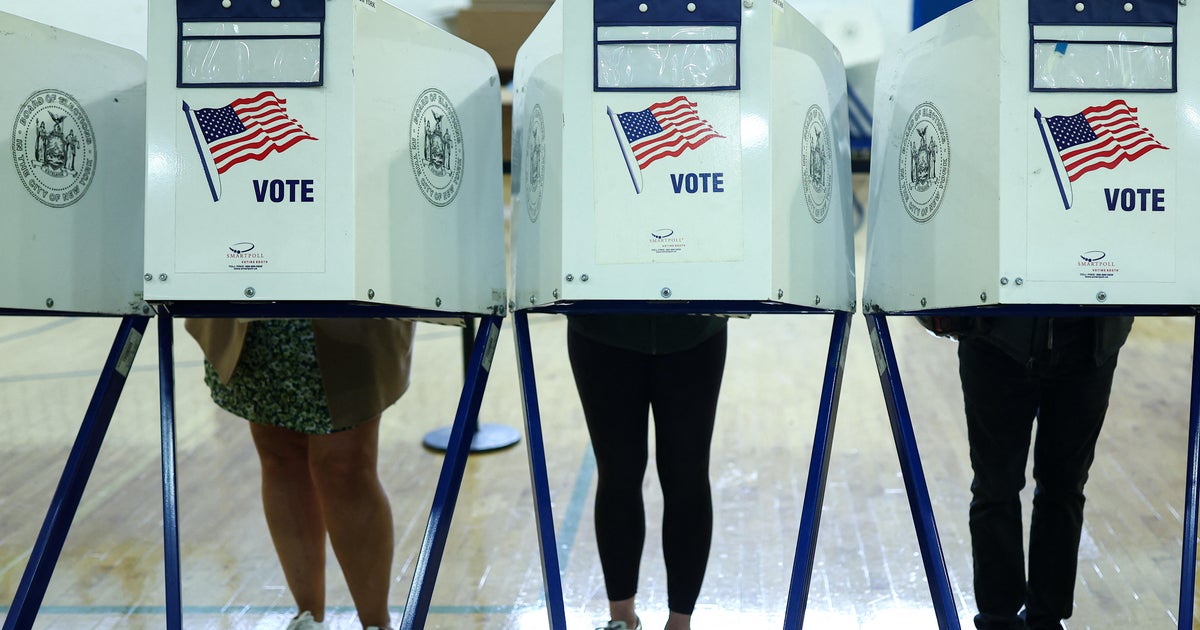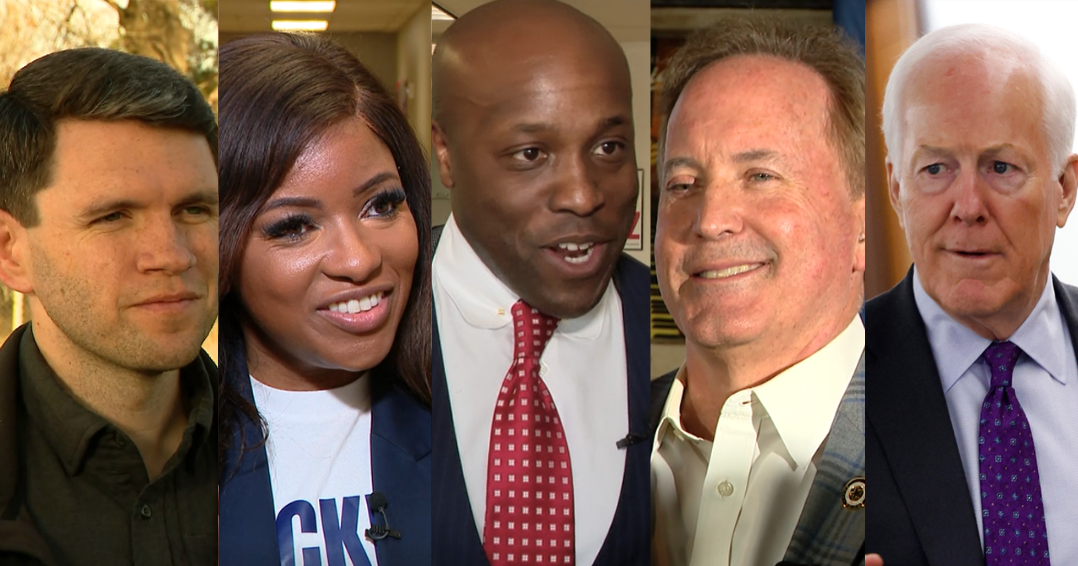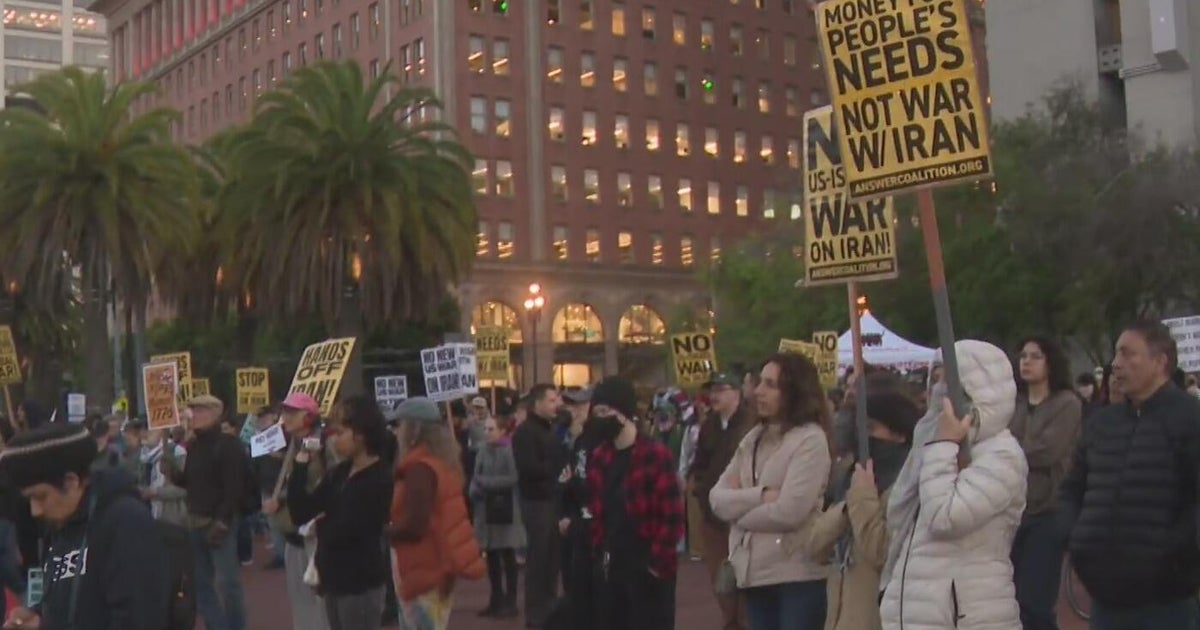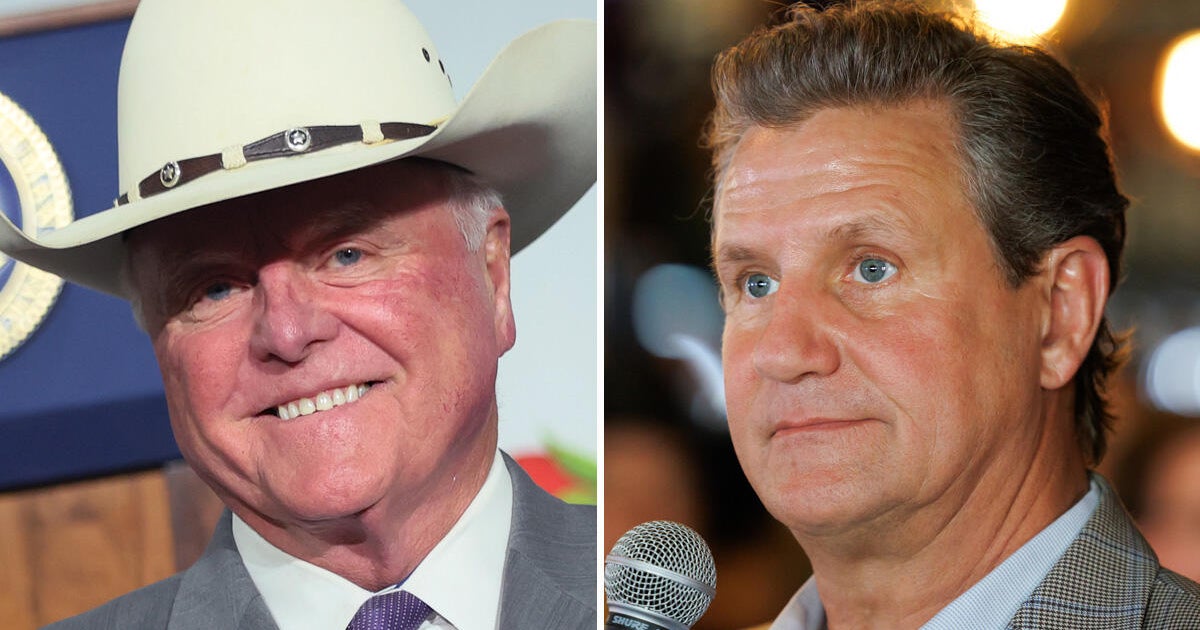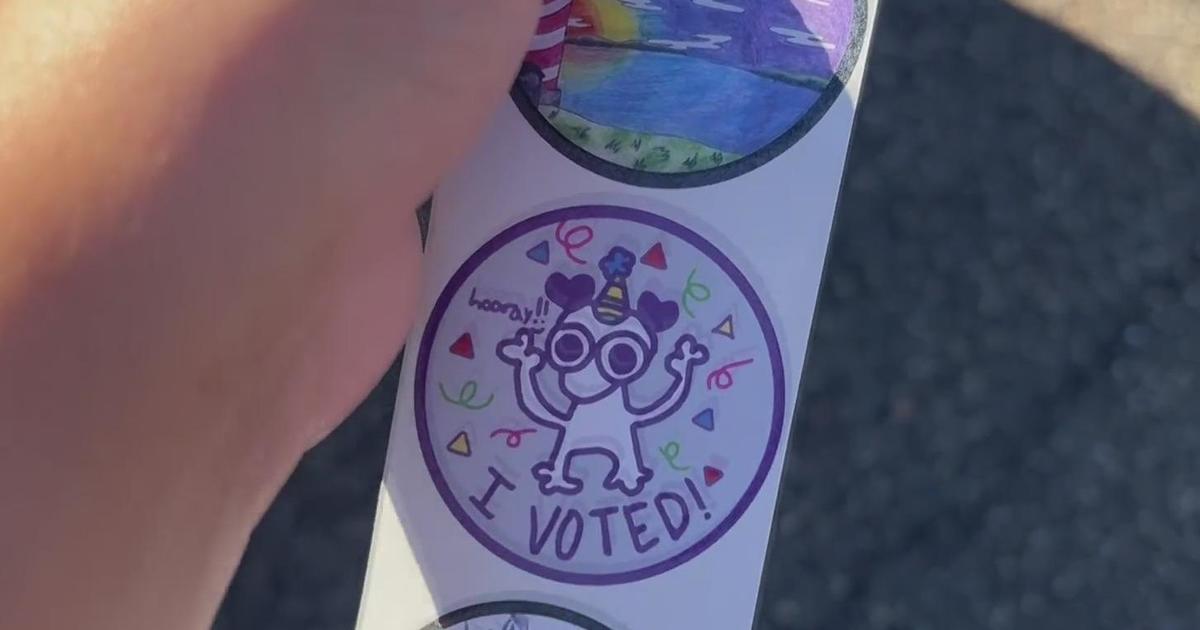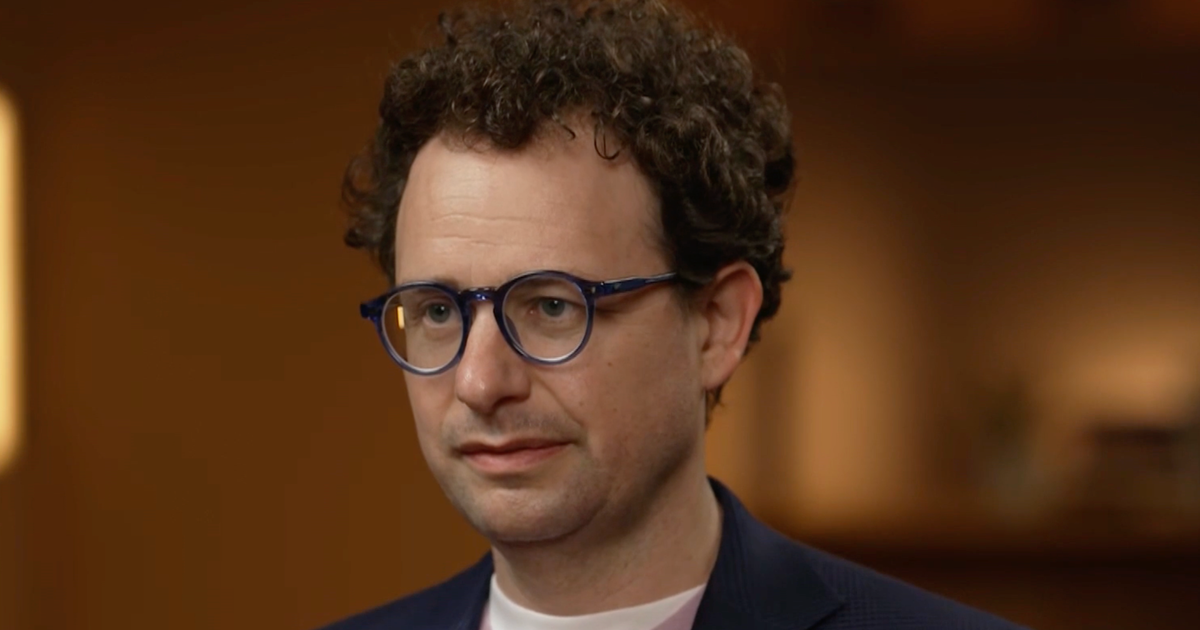Conservative sees future hope in politically liberal San Francisco
By Lauren Toms, KPIX
SAN FRANCISCO -- Just over 6% of San Francisco voters are registered Republicans, including John Dennis. He's the chairman of the San Francisco Republican Party and loves the city — even its politics.
"The weather's amazing, great people, interesting business, interesting politics," Dennis told KPIX 5.
Of the 500,000 registered voters in San Francisco County, 33,000 are Republicans, a trait some have called unicorn-like in a city that has voted predominantly for Democrats and liberal-leaning policies for decades.
"To me it's liberating because I have very strong libertarian ideas which have a home in the Republican party," Dennis said. "I just wasn't interested in the Democrat agenda but felt like I lived in the shadows for many years. So, like I said it was very liberating."
A New Jersey native and son of a Democrat mother, Dennis has called San Francisco home for the last 30 years. He's not naïve to the power of the Democratic vote in the city.
He's friendly with House Speaker and longtime San Francisco congresswoman Nancy Pelosi, not only living in the same neighborhood but running against her for the District 11 congressional seat — a fight he has lost now five times.
"This time around it was more relaxed," Dennis continued. "Places like San Francisco where you know you're outnumbered if you're a Republican sometimes you tend to be a more intense Republican than in other places."
But he knows in order for the GOP to grow in liberal San Francisco, he has to appeal to a more progressive Republican voter.
"We find ourselves more in alliance and sympathy with the moderate Democrats," he said. "We want this city to work too. We don't want it to turn into a progressive social experiment."
Dennis has no plans to run once more against Pelosi, or leave the city. But he says he believes there's a strong future for the Republican party in San Francisco no matter how blue it gets.
"It's important for there to be people on the ballot for Republicans," said Dennis, "to turn out Republicans and for people who tend to be more moderate voters who might be Republican voters although they don't want the social ostracization."
